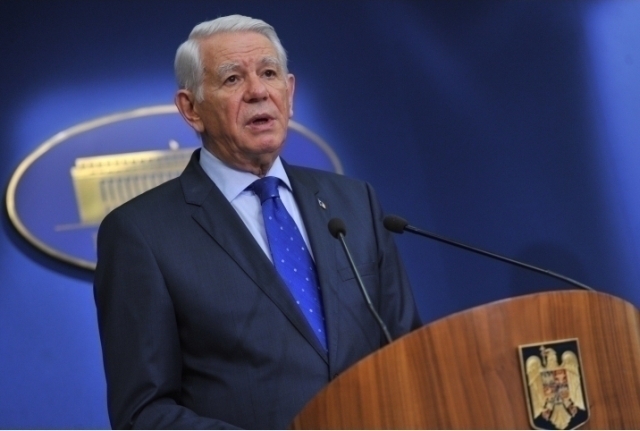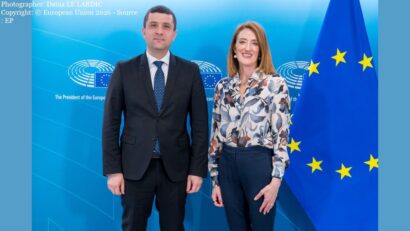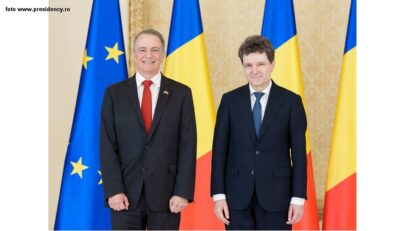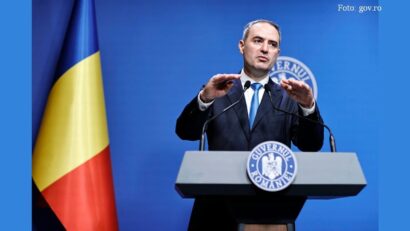Romanian- Hungarian Relations
The Romanian Foreign Minister Teodor Melescanu is on a visit to Hungary, for talks on the political and economic cooperation between the two countries.

Bogdan Matei, 27.02.2017, 13:35
Romanians and Hungarians were separated for more than a thousand years by a ferocious rivalry, involving territorial, ethnic and religious differences. Marked by discrimination and massacres targeting the predominantly Romanian population, the long Hungarian domination over Transylvania triggered prejudice and resentment that would last long, many times artificially amplified by both parties’ chauvinistic tendencies.
Only after the fall of Communism in 1989, in both Romania and Hungary, the relations between the two neighboring countries started coming back to normal. Although far from being perfect, the historical reconciliation between Romania and Hungary is often compared to the French-German model. The two countries are NATO allies and EU partners, and the main political party representing the ethnic Hungarian community in Romania, the Democratic Union of Ethnic Hungarians in Romania, has been for more than 20 years co-opted in the coalition governments formed in Bucharest, be they left or right wing.
Therefore, Teodor Melescanu’s visit to Budapest is nothing out of the ordinary. The agenda of his visit includes talks with his counterpart Peter Szijjarto, with the right-wing Prime Minister Viktor Orban and with representatives of the Romanian community in Hungary. What is quite unusual is the fact that Melescanu was invited to attend the meeting of the Hungarian diplomacy. Here is what he said about this participation, in an interview on Radio Romania: “From my point of view, this is a very clear message that both parties want to re-launch the relations between Hungary and Romania. The fact that the diplomatic services of both countries play a major role in this process allows me to have very direct talks with all those who represent Hungary in the world, that is a well-informed audience, very much interested in the real issues that we would like to settle.”
Teodor Melescanu has also said that Bucharest stands for a resumption of the proceedings of the Joint Committee for Minorities, as well as for holding, again, a joint session of the two Governments. Pragmatically speaking, Romania wishes to cooperate with Hungary on infrastructure projects, in the cross-border areas and along the Danube, projects that could benefit from European money.
The Budapest media reports that Melescanu’s visit comes after the opening of another 10 temporary border-crossing points. Also, recently, Romanian paramedics from Arad and Timisoara, in western Romania, rushed to the border area in Hungary to intervene in a terrible car crash, without minding that the intervention had to be carried out on foreign soil. According to Hungarian pundits, this type of cooperation and approach to a crisis situation could be an example to follow in politics as well.






























